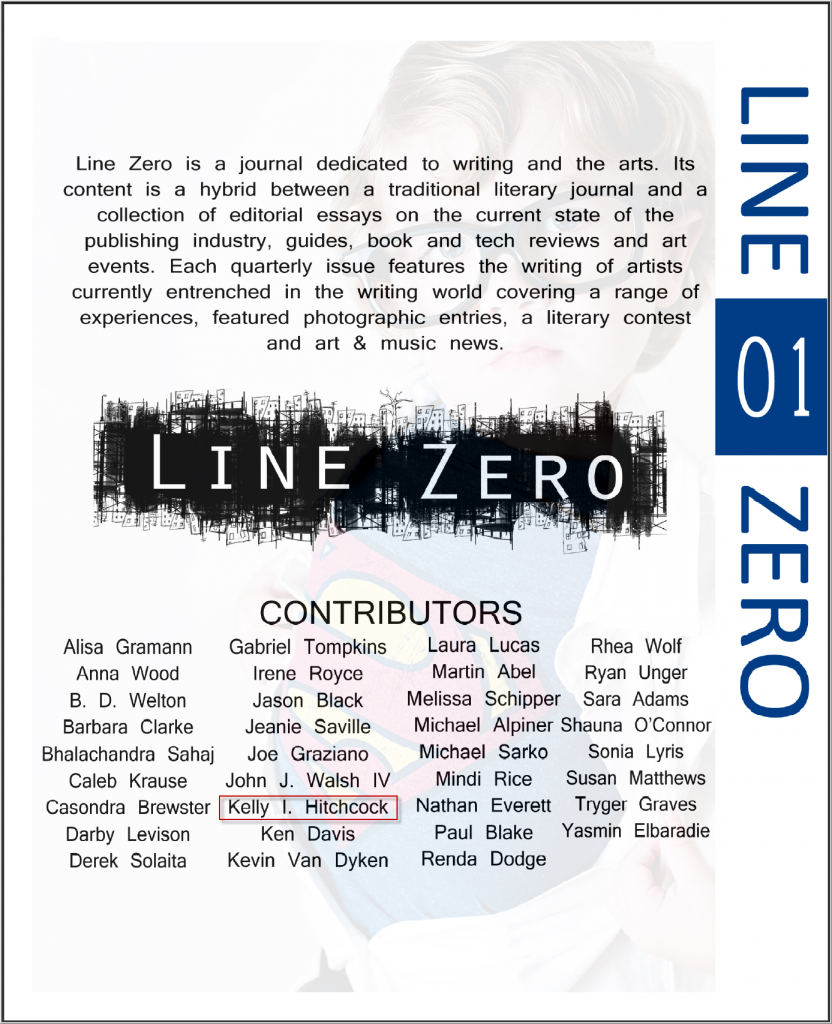The first panel I attended at South By Southwest this year was not the first one I intended to see… as per tradition. Still, it was a great one to start out with. It was called “The Accidental Writer: Great Web Copy for Everyone” and was not really geared toward writers, but more toward web designers and others who end up writing copy as an afterthought. Melanie Seibert (@melanie_seibert on Twitter) was the speaker.
The first thing the speaker stressed was that copy and content strategy in general cannot be an afterthought. If it IS, then it’s probably going to be boring, crappy copy. She gave some examples of companies that have great design AND great copy, like woot.com and Groupon (which I’ll admit though that wound’s still fresh). She also pointed out that content doesn’t come cheap… it’s expensive to write, especially if you’re not a native speaker, so sometimes it works out much better to hire someone to do it for you.
She then pointed out something that’s been in the back of my mind for awhile… SEO training. As a writer, a lot of the freelance jobs I see out there want writers with some SEO training, and it makes sense – if you’re going to pay for great copy, you want people to be able to find it. She threw out some SEO certification courses that I’m hoping I can talk my boss into paying for. After all, it’ll help me in my day job a lot, too. Our help documentation is ridiculously difficult to search.
She offered the following tips for everyone who needs to write web copy but may not be an expert at it (and a good refresher for those of us who are):
- Don’t just describe things. You’ve got to tell a story to keep your reader engaged.
- Break up text. No one wants to read a paragraph that’s a page long.
- Give people something to do by using actionable language.
- Web copy needs to integrate with the site design, and you have to design around the content.
- Don’t overuse memes and cliches. No one’s got milk anymore.
- Don’t be afraid to write a horrible first draft (sadly, this is something I’m just now embracing).
- Revise and proof. Get rid of half the words on the page, then get rid of another half.
- Never use passive voice
- Make your copy fun and friendly.
What did I get out of this panel? I definitely want to get SEO training so I know how to be more search-savvy with my writing. It’ll be a great resume builder too, right? It’s also good to know that writers still have value in the eyes of our more back-end savvy counterparts. I’ll be looking into Heather Lloyd Martin’s material on SEO certification very soon.
And I’ll let you know how it goes!
For audio of this panel: http://schedule.sxsw.com/events/event_IAP6933
1 Comment